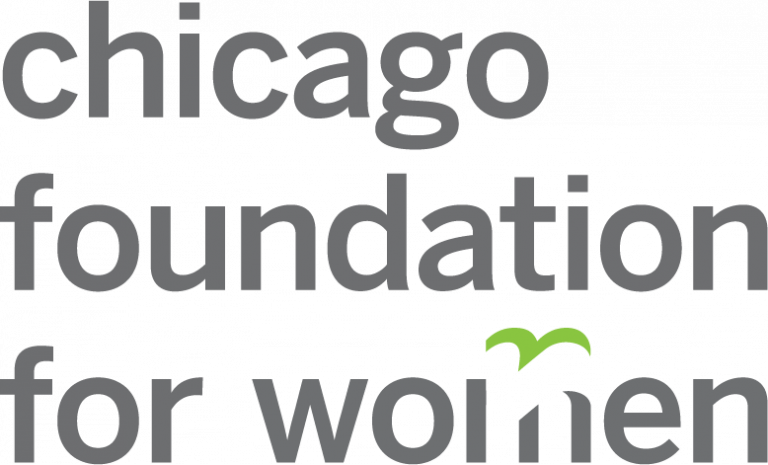Guiding Principles
How is the organization or program intentionally designed to benefit women and girls?
- Identified needs or systemic barriers faced by women and/or girls and a program designed to meet those needs.
- Inclusion of men and/or boys intended to ultimately benefit women and/or girls.
How does your organization support a woman’s right to reproductive justice?
The Foundations defines reproductive justice in the following way:
Reproductive justice is more than access to abortion service. Reproductive justice includes the concept that women’s reproductive health is a basic human right. The most marginalized in our country—including women of color, immigrant women, incarcerated women, women with disabilities, girls, young mothers and low-income women—face worse health outcomes, yet policies and services do not address these disparities.
The Women’s Health Leadership Network of the Center for American Progress proposes “four basic cornerstones” for a reproductive justice public policy agenda:
- The ability to become a parent and to parent with dignity;
- The ability to determine whether or when to have children;
- The ability to have a healthy pregnancy; and
- The ability to have healthy and safe families and relationships.
How do the organization’s board and staff members reflect the communities served?
Chicago Foundation for Women values diversity. We believe strength and wisdom comes from all voices, and we embrace the complexities of communities.
Direct service programs and advocacy efforts should reflect the needs and challenges of the community they serve. By including members of the community on boards and in the organization as staff or volunteers, the organization ensures that it is connected and accountable to the communities it serves.
How is the organization increasing accessibility to persons with disabilities?
All organizations and/or programs need to be accessible to persons with disabilities, including physical, mental, emotional or developmental challenges.
